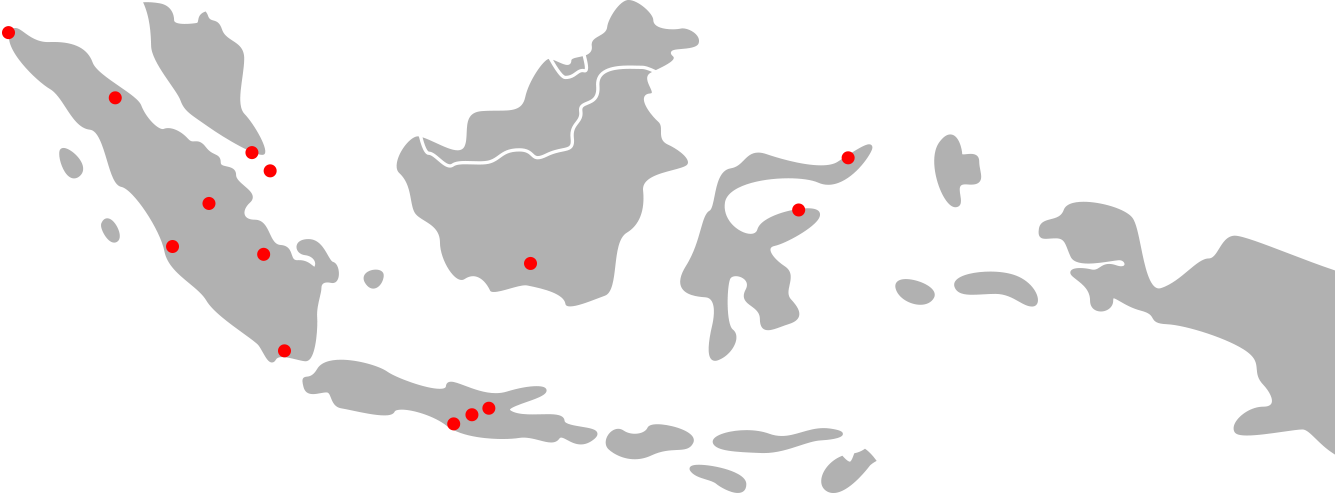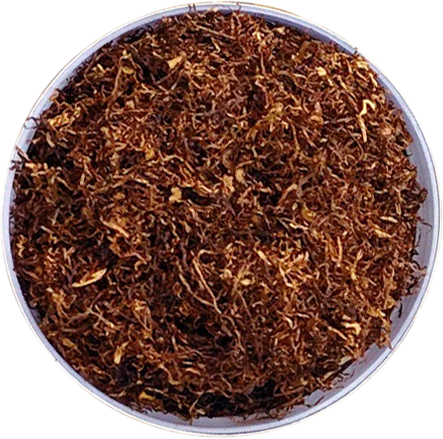
About Us
The story began in 1970, when our founder, Mr. Rudjito Widjojo, grasped the potential of tobacco trading, and seized that opportunity by planting a foundation of a small tobacco processing factory, in the northern region of Surabaya, Indonesia’s second largest city.
Putera Djaja Widjaja is inspired by the name of the tallest
mountain in Indonesia, in the hope that our eventual success
could soar just as high.
Due to a significant increase in the demand of our tobacco, in
1991, the production facility was relocated to Pandaan, an
industrial area in Pasuruan district.



We are one of the leading rolling tobacco manufacturer in Indonesia.
- Core Value -
TRADITION
Putera Djaja Widjaja honors the longtime tradition of rolling tobacco manufacturing by combining the old ways and the modern production technique. We meticulously select the best available cured tobacco leaves, which hail from mountainous region of Central Java, and sort them by hand in order to achieve the perfect rolling tobacco blend, which is consisted of air-cured and fire-cured tobacco leaves.
CRAFTMANSHIP & QUALITY
Rolling tobacco manufacturing is an art by itself. The cured tobacco leaves are aged for a few years before they are allowed to be turned into rolling tobacco. This time consuming method will enable the leaves to cure to an extent; thus attaining the perfect condition that is suited for further processing. Our secret flavoring sauce also guarantee the best unforgettable smoking sensation.
WELFARE & RESPONSIBILITY
The company's leadership strives to preserve the well-being of individuals that have contributed to the company's success from the beginning. By hiring most of our workers from the surrounding neighborhood, our company ensures that its presence benefits the local economy. We believe that happy workers and community have the most significant positive impact that will empower the company in the future.
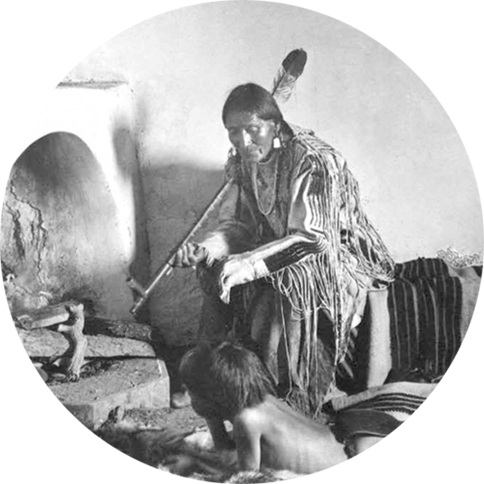
Tobacco, which is common name for flowering plants from the genus Nicotiana that originated from the continent of America.
Other members of the family include tomato, potato, and
eggplant. Tobacco contains a substance called nicotine that
helps stimulate the blood flow toward the brain; thus the main
purpose of smoking tobacco in form of roll-your-own cigarette
that our company manufactures.
Human have been smoking tobacco for centuries; native people
from America found out through trial and error that tobacco
has some stimulative effect on their body after inhaling the
smoke generated from lighting the dried plants of tobacco on
fire. The use of tobacco was limited to certain events, such
as religious ceremony and marking important events.
The spread of tobacco to other continents began when European
explorers discovered America, and initiated a process called
Colombian exchange, which is named after Christopher Columbus,
who was one of the first the main voyager during the age of
exploration in the 15th century A.D. Soon, tobacco began to be
planted all around the world, including Indonesia. This
tropical archipelago boasts fertile soil and climate that are
suitable condition for the propagation of tobacco plants.
It was not long after the colonization by the Dutch East India
Companies (VOC) that the native population of Indonesia began
cultivating & smoking tobacco. This tradition continues today,
and Indonesia is one of the largest producer, manufacturer,
and consumer of tobacco related products in the world, such as
rolling tobacco, cigarette, and cigar. One peculiar usage of
rolling tobacco among sailors in the coastal area of Indonesia
is to get rid of the leech that often infests the boat during
the fishing trip.



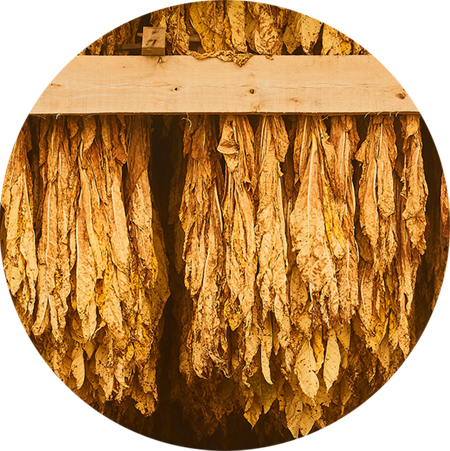
Air Cured Tobacco
Tobacco leaves are cured by hanging inside a specialized barn with plenty of good ventilation and allowed to dry for a few weeks. This variant is generally lighter in term of appearance and contains moderate amount of nicotine.
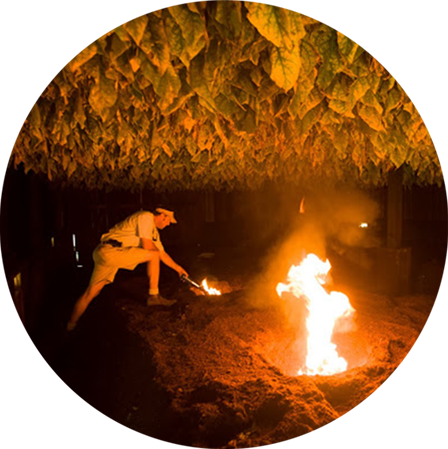
Fire Cured Tobacco
Tobacco leaves are cured in the similar manner as air cured process, except there is continuous amount of low smoldering fire, and the resultant product is darker, aromatic, and nicotine-rich. These dominant characteristics will guarantee enjoyable smoking experience.
- Piagam dari Kepala Desa Nogosari. Kecamatan Pandaan atas partisipasi dan kepedulian dalam pembangunan Desa Nogosari pada Tahun 2006.
- Penghargaan dari KPP Madya Malang sebagai Wajib Pajak Penentu Penerimaan Pajak KPP Madya Malang Tahun 2013.
- Penghargaan dari Direktorat Jenderal Bea dan Cukai Jawa Timur I sebagai Pengusaha Patuh Barang Kena Cukai Terbaik dalam Kepatuhan di Bidang Cukai pada Tahun 2013.
- Penghargaan dari Kantor Pengawasan dan Pelayanan Bea dan Cukai Tipe Madya Pabean A Pasuruan pada Tahun 2013.
- Penghargaan dari Direktorat Jenderal Bea dan Cukai Jawa Timur I sebagai Pengusaha Patuh di Bidang Cukai Tahun 2014.
- Penghargaan dari Kementerian Keuangan RI sebagai Pelaksana Seleksi Kantor Pelayanan Percontohan (KPPc) Tingkat Kementerian Keuangan pada Tahun 2015.
- Piagam dari Kepala Desa Nogosari. Kecamatan Pandaan atas partisipasi dan kepedulian dalam pembangunan Desa Nogosari pada Tahun 2015.
- Penghargaan dari Badan Pusat Statistik (BPS) atas kerjasama yang telah diberikan pada Tahun 2017.

Distribution Area
The tobacco distribution area covered by Putera Djaja Widjaja includes 4 large islands in Indonesia, namely Sumatra (Banda Aceh, Medan, Padang, Pekanbaru, Tanjung Pinang, Batam, Plembang, Bandar Lampung), Jawa (Solo, Sragen, Yogyakarta), Kalimantan (Sampit), Sulawesi (Manado, Luwuk) and will continue to grow.
